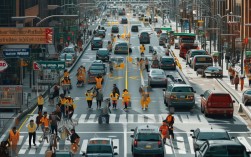Understanding traffic-related vocabulary is crucial for travelers, commuters, and anyone navigating roads in English-speaking countries. Whether you're reading road signs, listening to traffic reports, or discussing directions, these terms will help you communicate effectively.
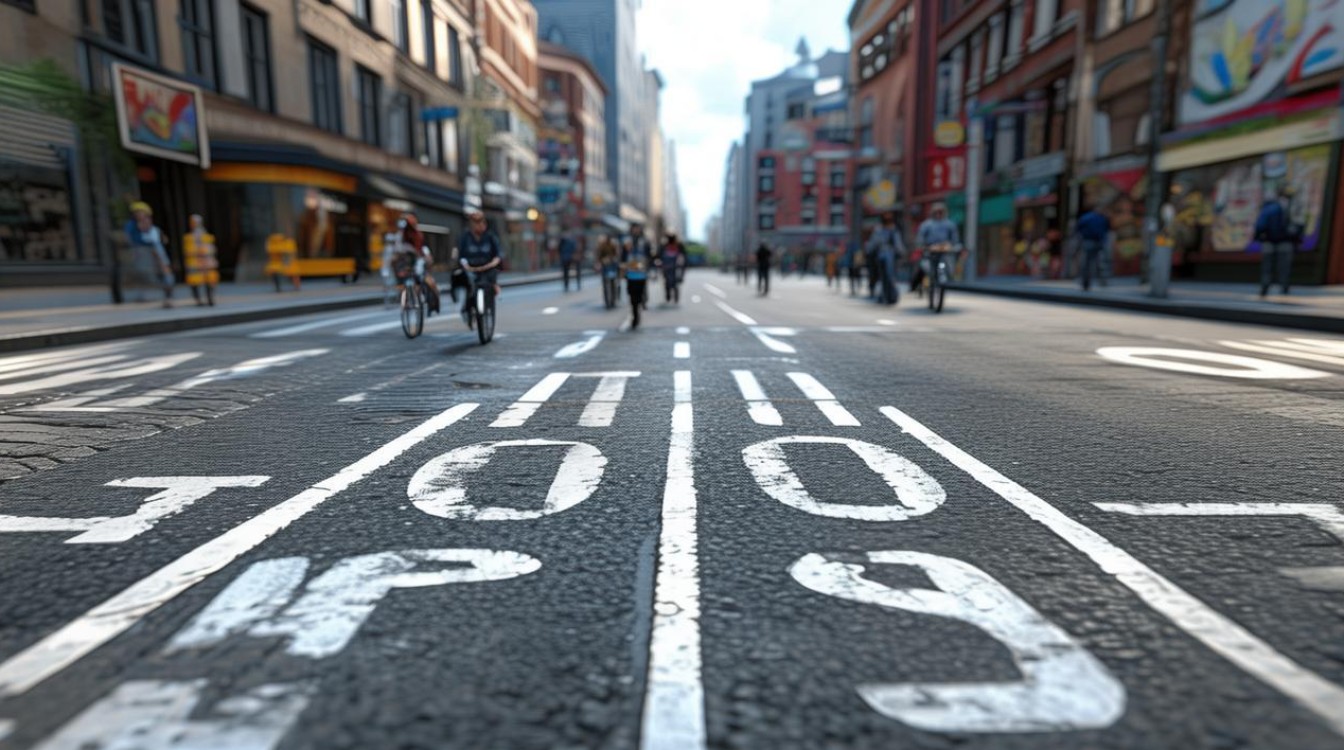
Basic Traffic Terms
-
Congestion – Heavy traffic causing slower movement.
Example: "Avoid the city center during rush hour to escape congestion." -
Gridlock – Severe traffic jam where vehicles cannot move.
Example: "An accident caused gridlock on the highway for hours." -
Bottleneck – A narrow section of road that slows traffic.
Example: "The bridge creates a bottleneck every morning." -
Tailback – A line of slow-moving or stopped traffic.
Example: "There's a three-mile tailback on the M25." -
Flow – The smooth movement of vehicles.
Example: "Traffic flow improves after the merge lane."
Road Types & Infrastructure
-
Highway (US) / Motorway (UK) – A major road for fast travel between cities.
Example: "Take the highway to reach the airport faster." -
Freeway (US) – A high-speed road with no tolls.
Example: "The freeway bypasses downtown traffic." -
Expressway – A divided highway for rapid transit.
Example: "The expressway has fewer exits but higher speed limits." -
Bypass – A road that avoids a busy area.
Example: "Use the bypass to skip the city traffic." -
Roundabout (UK) / Traffic Circle (US) – A circular intersection.
Example: "Yield to vehicles already in the roundabout."
Traffic Signs & Signals
-
Yield – Give right of way to other vehicles.
Example: "Slow down and yield at the intersection."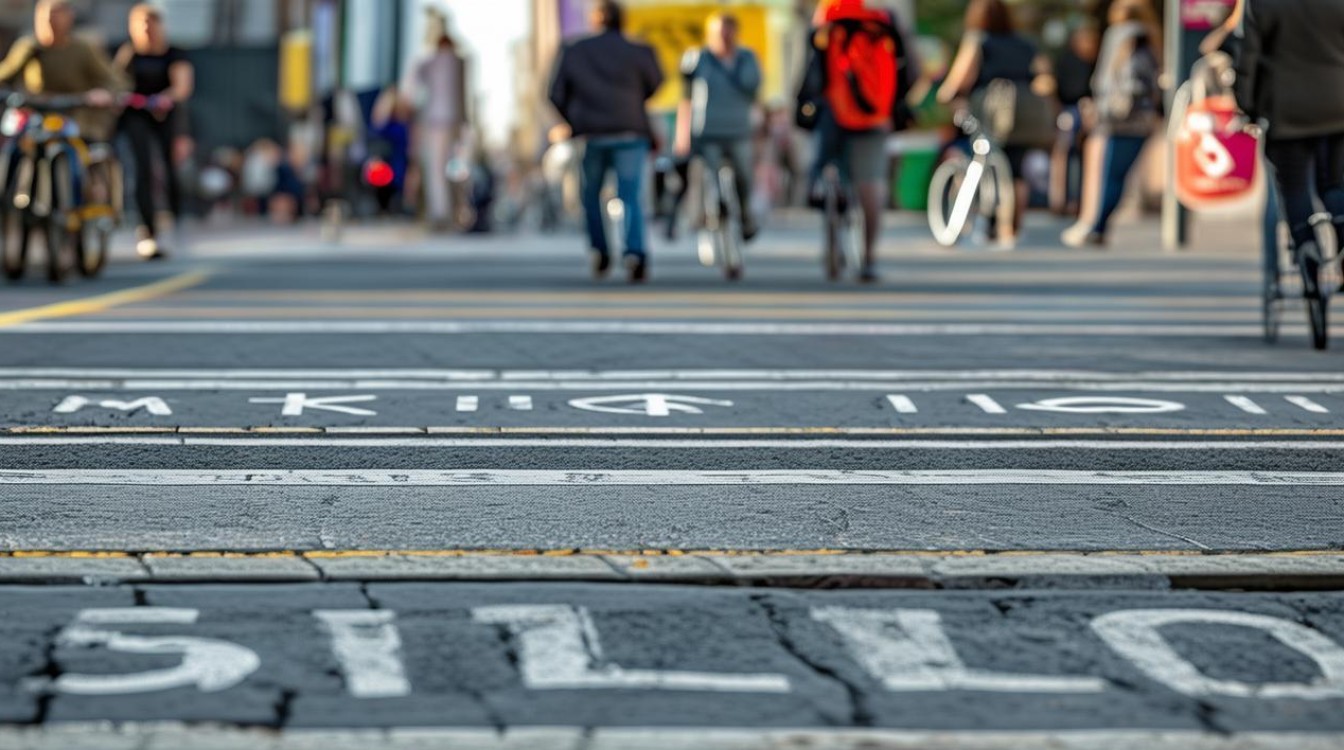
-
Merge – Join another lane smoothly.
Example: "Merge left to stay on the highway." -
Detour – A temporary alternate route.
Example: "Follow the detour signs due to roadwork." -
Pedestrian Crossing (UK) / Crosswalk (US) – A marked path for walkers.
Example: "Stop for pedestrians at the crosswalk." -
Speed Limit – The maximum legal speed.
Example: "The speed limit drops to 30 mph in residential areas."
Driving Actions
-
Overtake (UK) / Pass (US) – Move ahead of another vehicle.
Example: "Only overtake when the lane is clear." -
Pull Over – Stop at the side of the road.
Example: "The police signaled the driver to pull over." -
Cut Off – Suddenly move in front of another vehicle.
Example: "A taxi cut me off without signaling." -
Brake Hard – Stop suddenly.
Example: "He had to brake hard to avoid the cyclist." -
Run a Red Light – Ignore a stop signal.
Example: "Running a red light can result in a fine."
Traffic Incidents
-
Collision – An accident involving vehicles.
Example: "A minor collision blocked two lanes." -
Fender Bender (US) – A small car accident.
Example: "Traffic slowed due to a fender bender."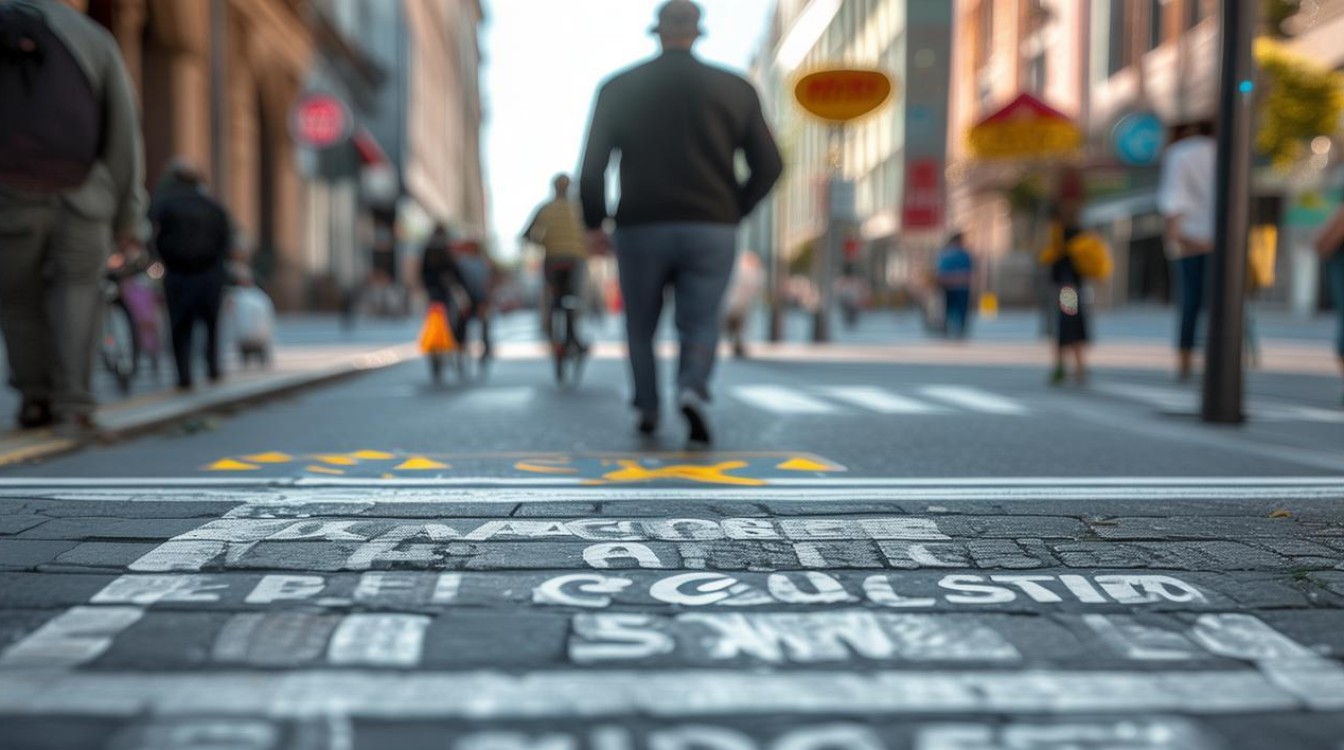
-
Breakdown – A vehicle failure.
Example: "Call roadside assistance if you have a breakdown." -
Road Rage – Aggressive driving behavior.
Example: "Avoid engaging with drivers showing road rage." -
Hit-and-Run – Fleeing after an accident.
Example: "Witnesses reported a hit-and-run at the intersection."
Public Transport Terms
-
Commute – Regular travel between home and work.
Example: "Many people commute by train to avoid traffic." -
Rush Hour – Peak travel times (7-9 AM, 4-6 PM).
Example: "Trains are crowded during rush hour." -
Delay – A late departure or arrival.
Example: "Check for delays before heading to the station." -
Platform – The area where passengers board trains.
Example: "The next train departs from Platform 3." -
Transfer – Changing from one transport line to another.
Example: "Transfer to the Blue Line at Central Station."
Weather & Road Conditions
-
Black Ice – Thin, nearly invisible ice on roads.
Example: "Drive cautiously; black ice is possible tonight." -
Hydroplaning (US) / Aquaplaning (UK) – Losing traction on wet roads.
Example: "Reduce speed to avoid hydroplaning in heavy rain." -
Foggy – Low visibility due to mist.
Example: "Foggy conditions require headlights and slower speeds."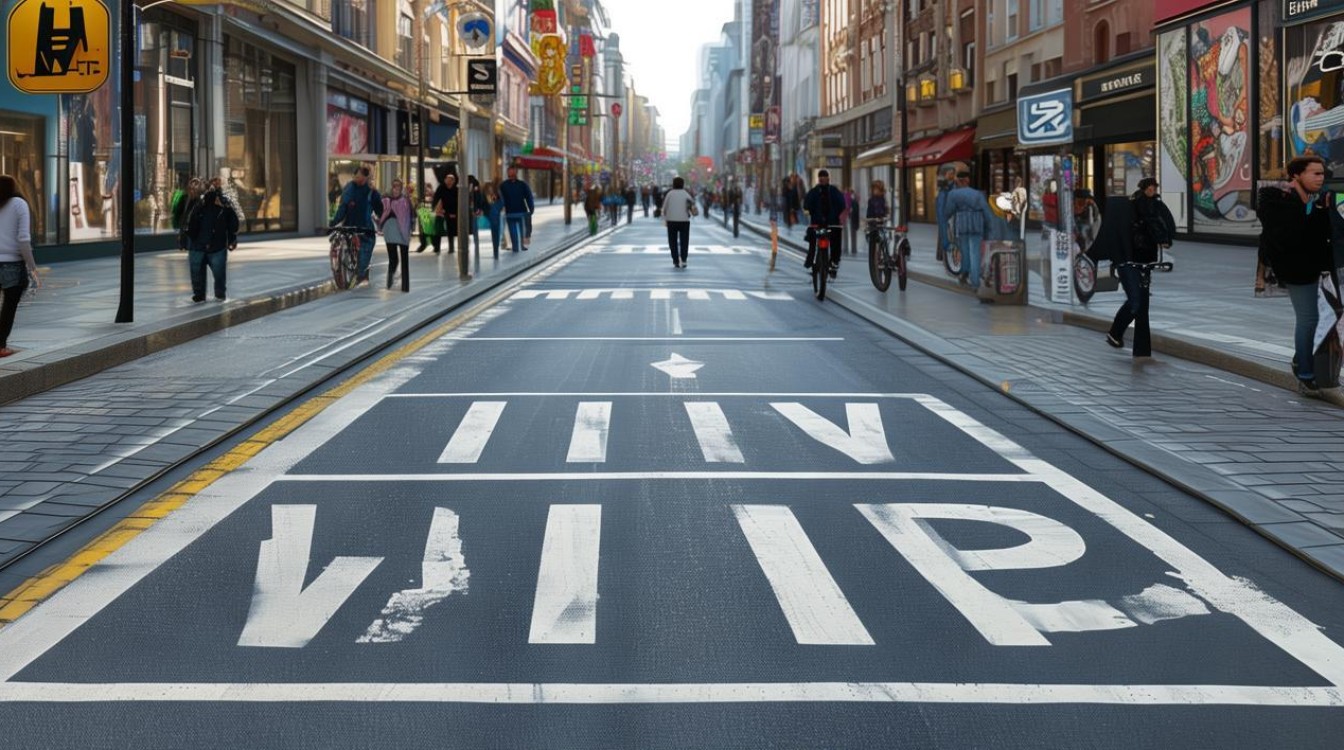
-
Slippery – Reduced tire grip.
Example: "Roads may be slippery after snowfall." -
Flooded – Covered with water.
Example: "Avoid flooded streets to prevent engine damage."
Legal & Enforcement Terms
-
Speeding Ticket – A fine for exceeding the speed limit.
Example: "He got a speeding ticket on the interstate." -
DUI (US) / Drink-Driving (UK) – Driving under the influence.
Example: "DUI checkpoints increase during holidays." -
Tow Away Zone – No-parking area where vehicles are removed.
Example: "Your car will be towed if parked in a tow away zone." -
Breathalyzer – A device testing alcohol levels.
Example: "Police may administer a breathalyzer test." -
Jaywalking – Crossing a street illegally.
Example: "Jaywalking is common but can be dangerous."
Useful Phrases for Directions
- "Take the next exit." – Leave the highway at the upcoming ramp.
- "Stay in the left lane." – Continue driving on the left side.
- "U-turn ahead." – A place to turn the vehicle around.
- "Roadwork ahead." – Construction is occurring.
- "No through road." – A dead-end street.
Mastering these terms enhances safety and confidence when traveling. Whether driving, cycling, or walking, clear communication prevents misunderstandings and keeps traffic moving smoothly.


